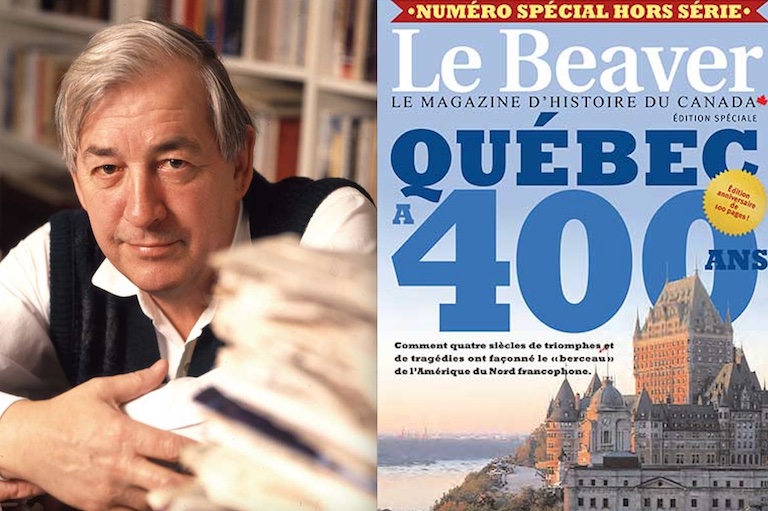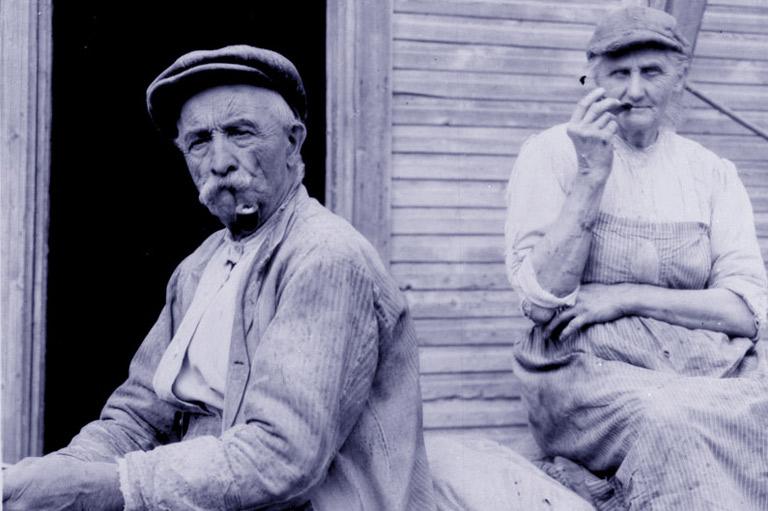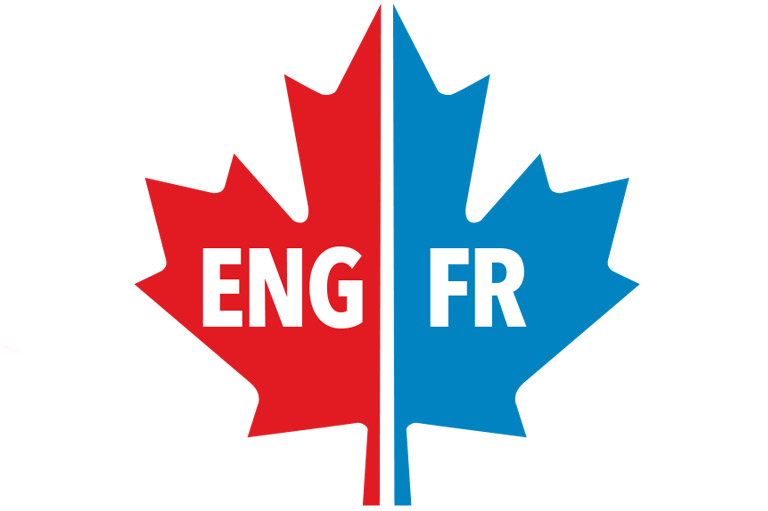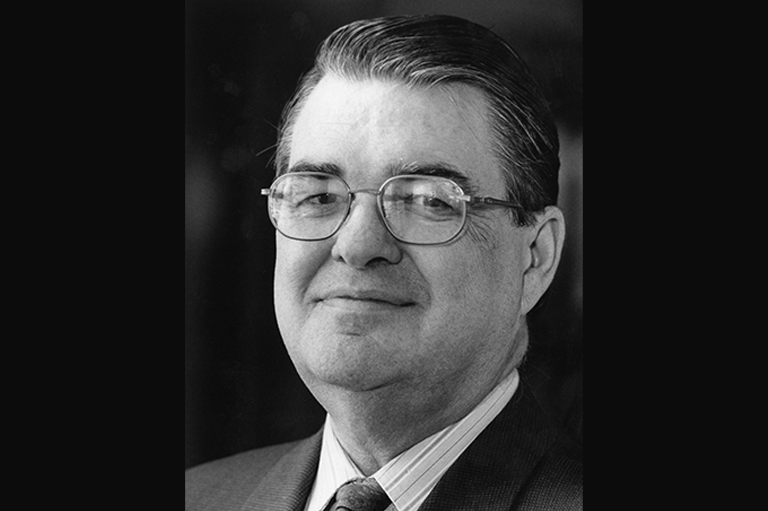Refus global Manifesto
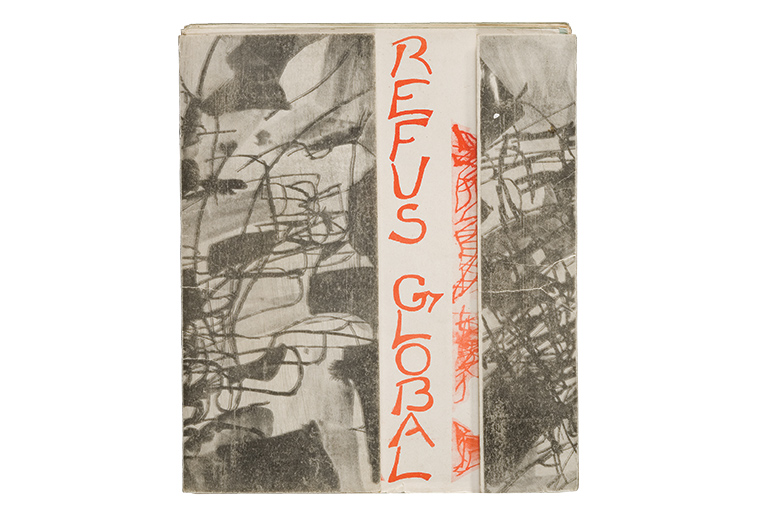
During Quebec’s Great Darkness of 1944 to 1959, the heavy-handed government of premier Maurice Duplessis pursued policies of economic liberalism and anti-unionism, while granting the Catholic Church extensive influence over education and social services. In this context, artist and university professor Paul-Émile Borduas gathered together a group of artists and thinkers eager to denounce the state of ignorance in which the State and the Church held the population.
In 1948 Borduas wrote the automatist manifesto Refus global as an introduction to a collection of writings signed by himself and by fifteen other artists — Madeleine Arbour, Marcel Barbeau, Bruno Cormier, Marcelle Ferron, Claude Gauvreau, Pierre Gauvreau, Muriel Guilbault, Fernand Leduc, Jean-Paul Mousseau, Maurice Perron, Louise Renaud, Thérèse Renaud, Françoise Riopelle, Jean Paul Riopelle and Françoise Sullivan.
The manifesto’s style was particularly virulent: the authors demanded a radical break with the province’s traditional clerical-nationalist society. More than the work itself, of which only 400 copies were published, it was the firing of Borduas from his professorship at the École du meuble de Montréal that sparked a media uproar. The signatories faced such severe retaliation by the Duplessis government that many of them, including Borduas, were forced into exile.
In the collective memory of Quebecers, still strongly marked by this period, the Refus global symbolizes the beginning of a cultural transformation that led to the Quiet Revolution and opened the way to other forms of abstract art.
With 7 uniquely curated newsletters to choose from, we have something for everyone.
Themes associated with this article
Advertisement

